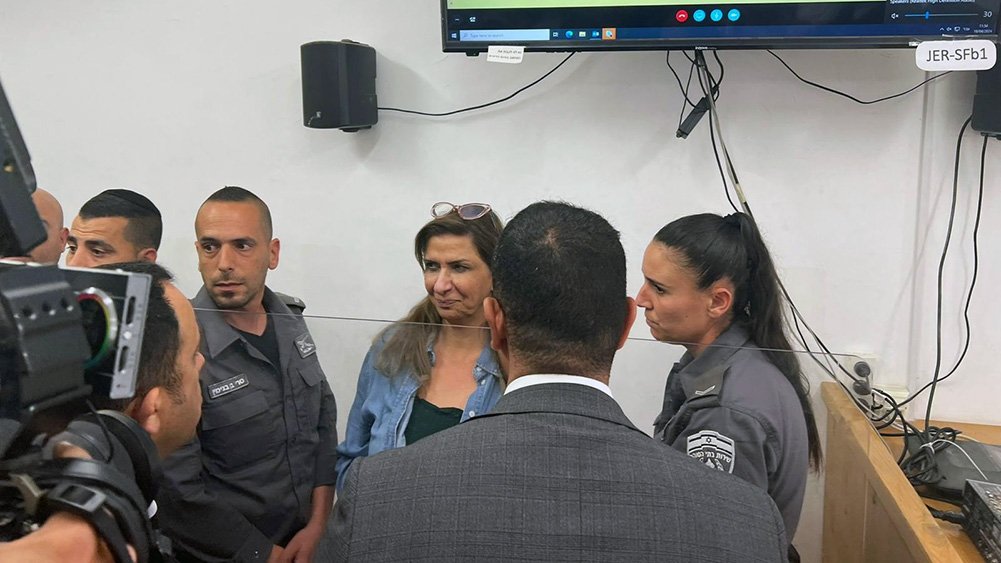On Thursday, April 18, around 5:00 p.m., a swarm of Israeli police arrested Dr. Nadera Shalhoub-Kevorkian of the Hebrew University of Jerusalem from her bedroom in her home in the Old City.
According to the legal team, this is the first time in Israel’s history that a professor has been arrested for published scholarship or speech.1
Shalhoub-Kevorkian, a dual US-Israeli citizen who is Palestinian, is the Lawrence D. Biele Chair in Law at the Hebrew University of Jerusalem’s Faculty of Law, Institute of Criminology, and Paul Baerwald School of Social Work and Social Welfare. She is also the Global Chair in Law at Queen Mary University of London.
The arrest was on suspicion of incitement. The police accusations were based on statements that Shalhoub-Kevorkian made on the podcast Makdisi Street, released on March 8, 2024. In the episode, titled “There Is So Much Love in Palestine,” Shalhoub-Kevorkian, an anti-Zionist, detailed accounts of her own experiences of working and living under the oppressive Israeli regime and spoke about the genocide in Gaza, the Israeli authorities’ withholding of corpses, extreme settler violence, and Zionism, among other things.
While at her house, the police searched it for an hour, confiscating her laptop and phone, her latest academic work in progress (which they demanded), a couple of books, and some posters of poetry by Mahmoud Darwish, which they ripped down off the walls.



